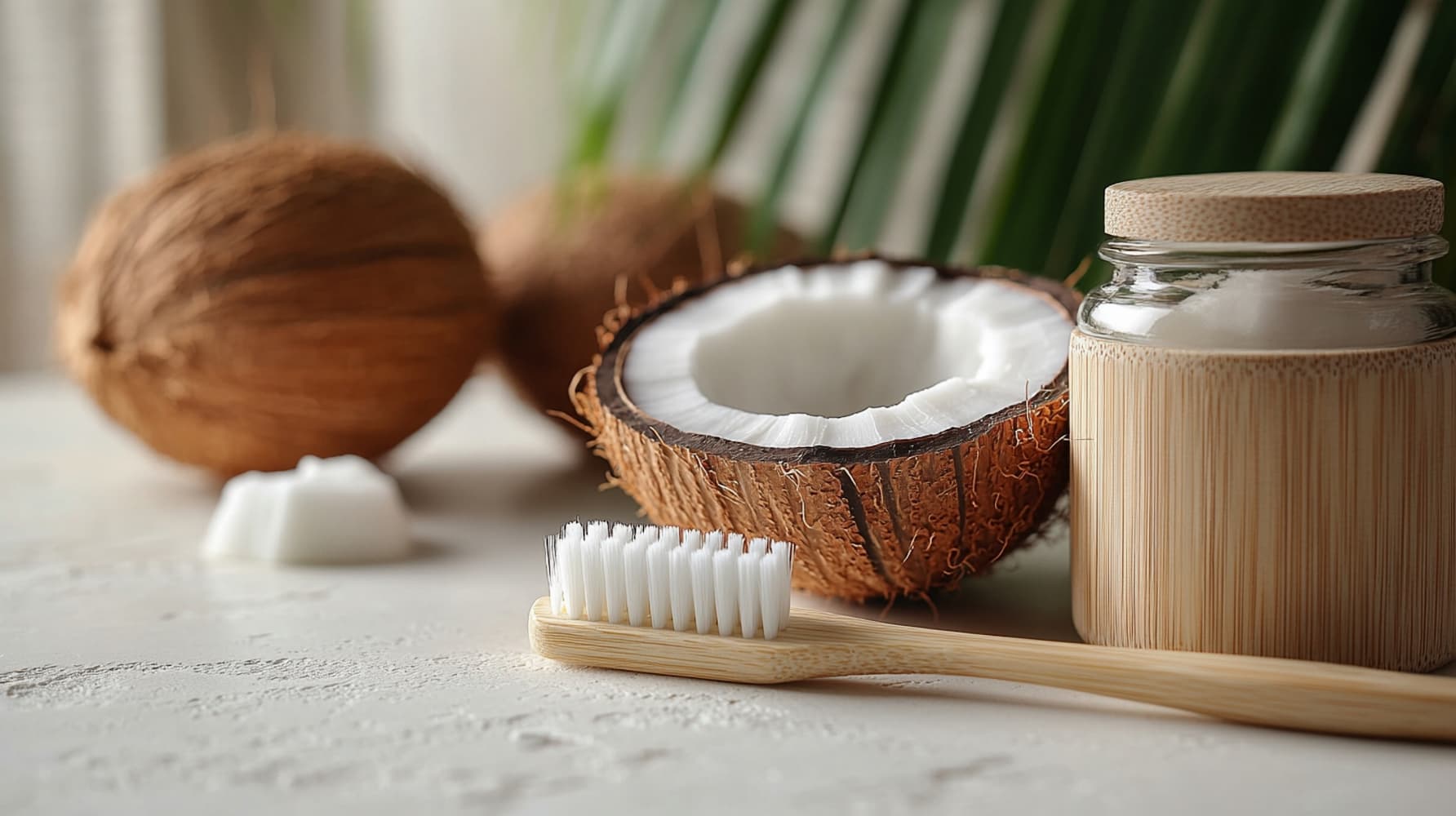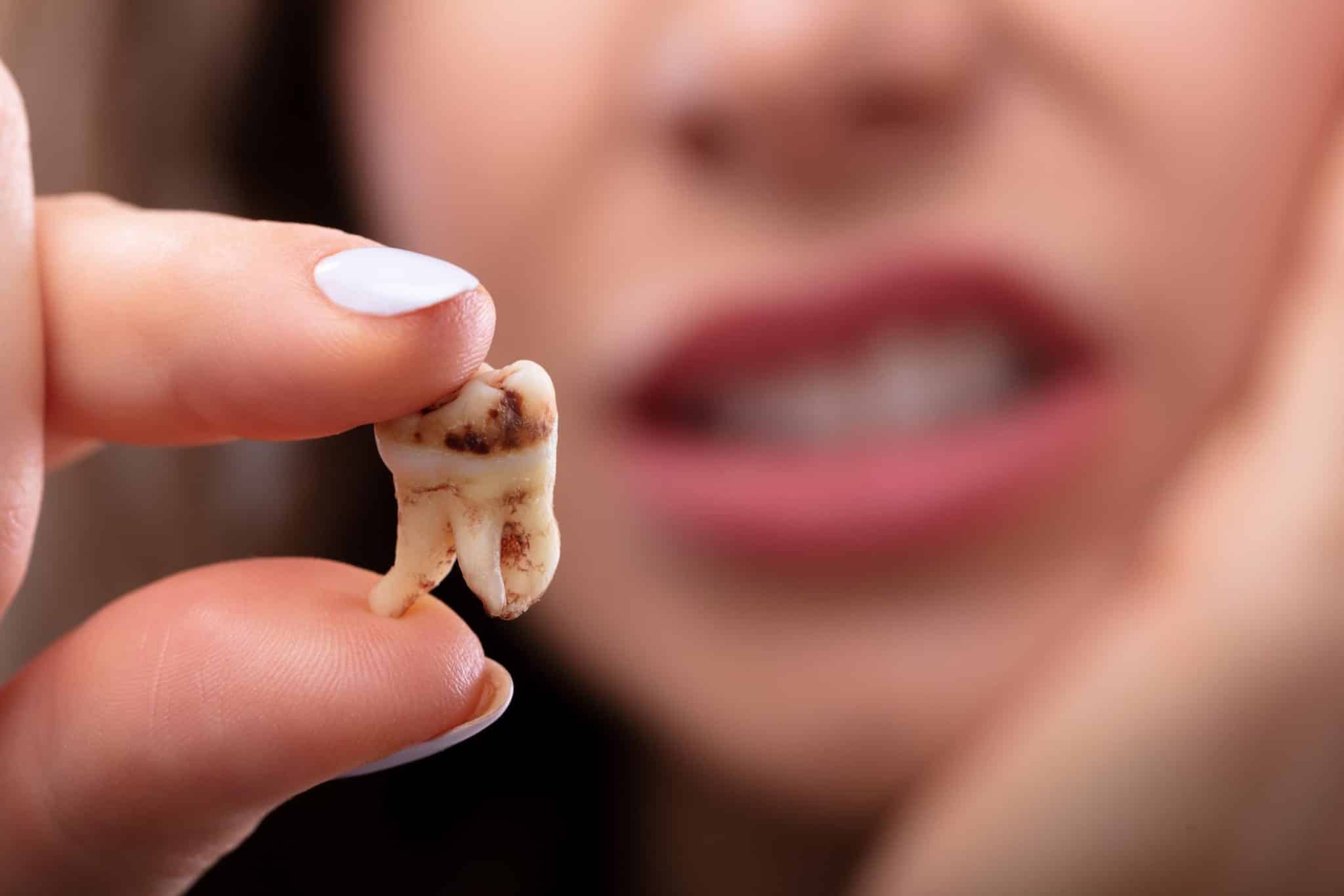Our patients have a lot of concerns about taking care of their teeth as they age, including scary issues like gum disease, cavities, and tooth loss. But modern technology and medicine mean serious dental issues are no longer an inevitable part of getting older. And tooth loss, or what people sometimes call “rotten teeth,” isn’t necessarily age-related at all. Let’s take a closer look at oral health for seniors.
The inside skinny on dental care for seniors
- It’s important to continue seeing your dental hygienist one or two times every year,
- Brush your teeth 3 times every day using a soft-bristled toothbrush, or a special brush if you have fine motor issues,
- Maintain a balanced diet, and remember to focus on eating proteins to offset muscle loss,
- If you have any questions, talk to your hygienist so they can provide personalized treatments and advice that meet your needs.
Tooth loss is more common as we age, but its root causes aren’t actually age-related. The real culprits are gum disease and root cavities. That’s good news because it means today’s seniors can keep their natural teeth in good condition throughout their lives with good at-home care and regular dental care.
How can you maintain healthy teeth as a senior?
Brushing for seniors: time for new techniques
It’s important to keep up a good daily tooth care routine. And that means brushing with a soft-bristled toothbrush and fluoride toothpaste. If you have fine motor issues, you may need to switch to a different toothbrush. Electric toothbrushes are often a great choice.
Toothbrushes can’t clean the contact surfaces between your teeth or the space between your teeth and gums. That puts those areas at high risk of cavities and gum disease, which is why flossing – the only way to clean those spaces – is so important. There are a wide range of floss holders available to make flossing easier.
The crevices on your tongue hold onto dead cells, dental plaque, and food particles that can only be removed by brushing or using a tongue scraper.
What should seniors eat?
No matter what your age, you need to eat plenty of dairy products and foods from all the other major food groups.
We recommend focusing on:
- fruits and vegetables – but be careful of their sugar content (bananas, for example, are high in sugar),
- protein to offset age-related muscle loss,
- plenty of dairy products,
- whole grains,
- and avoiding refined sugar and sugary drinks.
More information: www.sge-ssn.ch
Dental hygienist appointments for seniors
As a senior, you still need to schedule regular appointments with your dentist or hygienist!
A dental check-up every six to twelve months is essential to diagnose early-stage cavities and gum disease and identify other issues like damaged fillings or lesions.
Remember to update your hygienist on all your:
- medical problems,
- medications,
- diagnoses,
- symptoms, etc.
Your hygienist will use that information to provide personalized advice, preventive measures, treatments, and a custom appointment schedule.
Seniors and periodontal disease (gum and bone tooth support tissue)
Gum disease is sneaky! It is often painless in the early stages, so you may not even realize you have it.
Early diagnosis and treatment are key to keep gum inflammation (gingivitis) from progressing toward the tissue that supports your teeth (periodontitis).
Decreased estrogen after menopause can also cause decreased bone density, which can make you more likely to develop periodontitis.
Untreated periodontitis can cause bone loss and even tooth loss. Controlling periodontal issues is key to keeping all your teeth as your age, and can stop your gum issues from getting worse or causing complications to other diseases.
Numerous studies have shown that the microorganisms present in gum disease can migrate into your bloodstream and cause heart disease, strokes, and lung disease.
Your teeth can become hypersensitive as you age
Gum recession and tooth wear (attrition, abrasion, and erosion) expose the parts of your teeth where the nerve endings are less protected (cementum and dentin).
That often leaves your teeth extremely sensitive to heat, cold, sugar, acidity in foods like citrus, brushing, pressure, and touch. Your dental hygienist can help you identify why your teeth are hypersensitive and recommend effective solutions.
Seniors and removable dental prostheses
If you have removable dental prostheses, you will need to brush them with a soft-bristled brush after each meal. We recommend removing them for at least four hours per day, massaging your gums with a soft-bristled toothbrush, and cleaning your tongue.
Inadequate care and the presence of microscopic mushrooms like Candida albicans can cause tissue inflammation under your prosthesis, a condition called denture stomatitis. The inflammation can be worse if you never remove your prosthesis.
Denture retention – how stable your prostheses are in your mouth – can be affected by factors like a dry mouth, osteoporosis in your jaw, or weight loss. Poor denture retention can cause premature bone loss and difficulty chewing, which can lead to digestive issues. An annual trip to the dentist is a great opportunity to check and adjust your prostheses. The temporary adhesives sold over-the-counter at drugstores are only a temporary fix.
And if you’re going to need an extended hospital, rehab, or nursing home stay, we recommend having your name engraved on your dentures to avoid any mix-ups!
Seniors and halitosis (bad breath)
Halitosis, better known as bad breath, can be occasional or chronic, which means that it persists despite great tooth care habits. Hormonal changes and certain medications and medical conditions can cause bad breath.
But most of the causes of bad breath are found right in your mouth, including inadequate tooth care, dental problems (cavities, abscesses, gum disease, etc.), dry mouth, certain foods, alcohol and tobacco use, and more.
Good daily tooth care habits, a healthy lifestyle, and professional cleanings and dental care eliminate most causes of bad breath.
Dealing with xerostomia (dry mouth) as you age
Saliva is a surprisingly powerful player in your mouth. It has antibacterial and antifungal properties and it regulates your mouth’s pH. That means decreased saliva production isn’t just uncomfortable, it also leaves your mouth with less protection against common dental problems.
You may benefit from a fluoride treatment or saliva replacement. A dry mouth can be caused by a wide range of issues, including medical conditions, medications, hormonal changes, and cancer treatments.
Seniors and tobacco use
Are you one of the 75% of smokers who want to quit but need help? Like all medical professionals, a dental hygienist can provide resources to help you quit, including documentation, information on support centers, and more. And because the mouth is the first part of the body to show the negative effects of smoking, we give smokers a full update on their oral health at each visit.
More information: www.stop-tabac.ch
Oral cancer and seniors
Your risk of oral cancer increases after age 45. The other major risk factors are tobacco and alcohol use, sun exposure, an unhealthy diet, and genetics.
Mouth and throat cancers are aggressive and can be deadly if you don’t catch them early. Regularly examine the inside of your mouth and don’t skip your annual dental check-up.
FAQ
I feel like I have a “rotten” tooth. What can I do about it?
It’s not uncommon to feel like one of your teeth is “rotten.” That sensation is usually due to a cavity or an untreated disease in your mouth. If you don’t get dental care fast, your tooth can fall out. So it’s important to schedule an emergency appointment with your dentist or your dental hygienist.
Genetics and habits like tobacco use can make your teeth more fragile and prone to decay.



